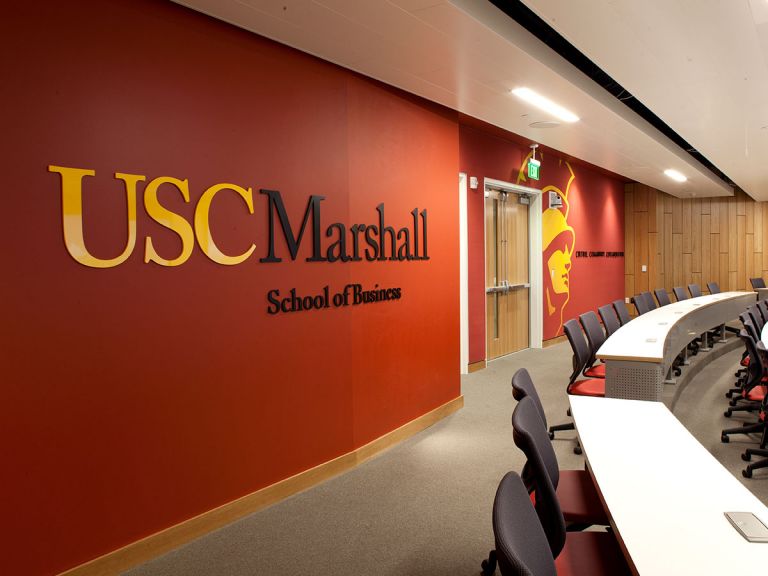Many students describe their study abroad experiences as "life-changing" and indeed, the experiences, opportunities and life lessons that students bring home with them from other countries are truly unique. International experiences help mold students into the inquisitive and confident children all parents are proud to have. So your child wants to study abroad? Now what?
Programs
Preparing to Apply
Academics
USC Marshall School of Business Academic Advisors are available to meet with students so that credits earned while abroad will count toward their USC Degree.
Download here past classes that have been available for credit at each Exchange institution.
Note: These lists are NOT exhaustive. If a course does not appear on the spreadsheet, this does not mean the course is not acceptable or not offered, only that it has not been offered the previous semester. Students are advised to meet with their academic advisor or Undergraduate International Programs staff to ensure they register for appropriate courses and sufficient units abroad.
Finances
Our goal is to make study abroad accessible for all Trojans, and USC allows all financial aid (grants and loans) to be applied to the cost of semester or year-long overseas programs for up to two semesters abroad.
Each student’s expenses abroad will vary based on the host city’s cost of living and currency exchange rates. Additional expenses abroad not covered by USC Financial Aid should be discussed prior to your student’s departure.
Please see USC Financial Aid for more information.
Health and Safety Abroad
Student safety is our utmost priority. USC Marshall School of Business coordinates closely with the exchange university and with Aetna Student Insurance to best ensure student safety and mitigate any risk of incidents happening abroad.
Please see Aetna Student Health Insurance and International SOS for more information.
